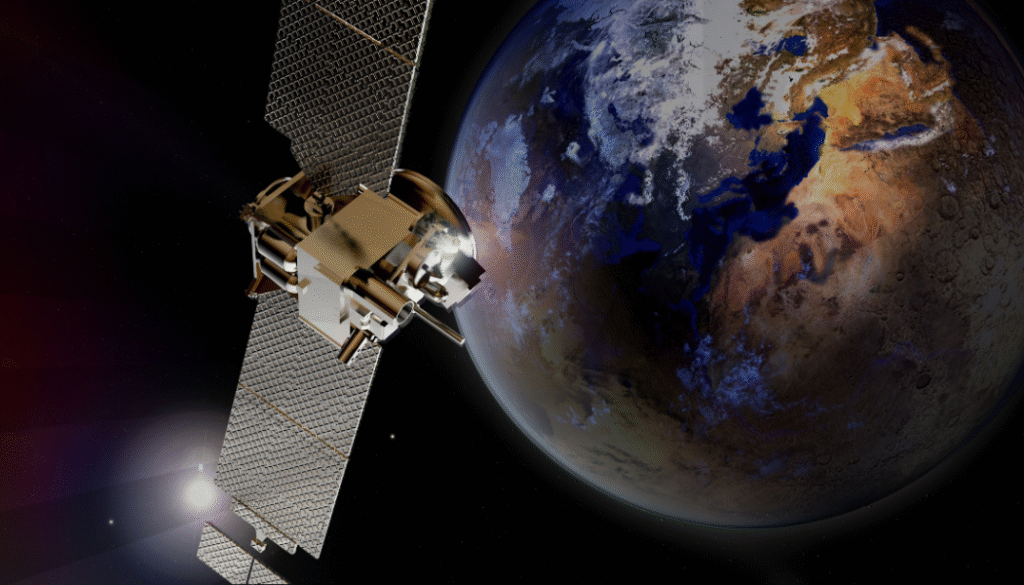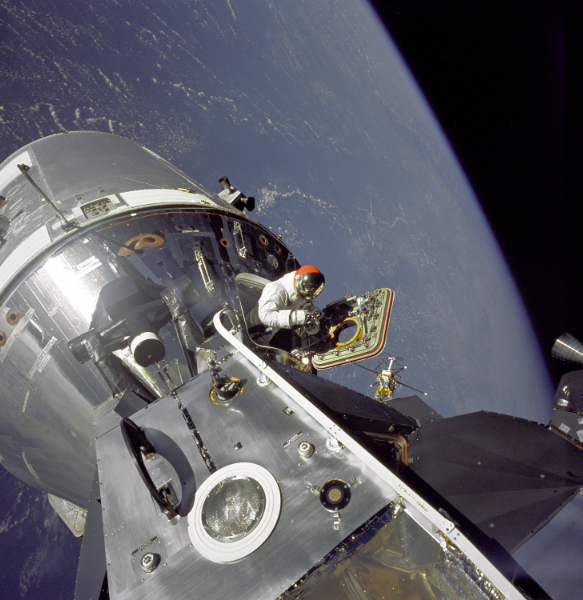Outer space used to be a place of intense competition—think of the Cold War era, when superpowers raced to prove who had the better technology. But today, the tone is shifting. Instead of fighting for dominance, countries are starting to work together on shared goals. This shift is shaping how we build peaceful relationships beyond our planet.
As international collaborations increase, space diplomacy has become more important than ever. It's about more than rockets and satellites; it’s about managing how humanity explores and uses space fairly, responsibly, and safely.
The Basics of Space Diplomacy

Space diplomacy is the practice of managing relationships between countries when it comes to space-related activities. This includes working together on missions, negotiating space policies, and avoiding conflict in orbit. Just like we need rules for air travel and oceans, we need them for space, too.
The Real Impact
- Prevents weapons and military conflict in space.
- Encourages peaceful scientific exploration.
- Help countries with fewer resources access space.
- Build global trust and cooperation.
- Sets long-term rules for sustainability using space sustainably.
Without space diplomacy efforts, there could be chaos in orbit—from satellite crashes to unfair use of space resources.
The Cold War: When Space Meant Tension

During the Cold War, space wasn’t just about science—it was about power. The U.S. and Soviet Union used space achievements to show off military and technological strength.
Historic Highlights
- Launch of Sputnik by the Soviet Union in 1957
- NASA’s Apollo 11 Moon landing in 1969
- Intense race to outdo each other in orbit.
This period led to the development of international space law to prevent militarization and promote responsible use of space.
The Apollo-Soyuz Mission: A Symbol of Peace

In 1975, American and Soviet spacecraft docked together in orbit. This joint mission was a powerful symbol of easing tensions. Astronauts shook hands in space, showing that collaboration was possible, even between rivals.
This event laid the groundwork for future partnerships, proving that space could be used to build bridges instead of barriers.
The International Space Station (ISS): A Shared Home in Orbit
Fast forward to the 2000s, and we see perhaps the greatest symbol of space diplomacy: the International Space Station. Built by a coalition of agencies—NASA, ESA, Roscosmos, JAXA, and more—the ISS is where astronauts from different nations live and work together in space.
What Makes It Special:
- Multinational crews share research.
- Countries contribute modules and funding.
- Projects to improve life on Earth and prepare for deep space missions.
The ISS shows how countries can go far when they go together.
The Artemis Accords: A Modern Framework for Cooperation
With renewed interest in the Moon and beyond, countries are looking to avoid the mistakes of the past. That’s where the Artemis Accords come in. Led by NASA, this agreement outlines peaceful principles for future lunar exploration.
What Accords Support:
- Sharing scientific discoveries
- Respecting historical sites on the Moon
- Helping each other in emergencies
- Transparent use of space resources
More than 30 countries have already signed, making this one of the most important recent developments in space diplomacy.
New Players in the Game: China, India, and Beyond
Space is no longer dominated by just the U.S. and Russia. Countries like China and India are becoming major players.
- China built its space station, Tiangong, and is welcoming global partners.
- India launched successful missions to the Moon and Mars, and is teaming up with France and the UAE
This shift brings new perspectives and ideas to space exploration. It also highlights the need for updated space policy development that includes more voices.
The Role of Global Organizations
To manage space activities fairly, international organizations help guide countries through agreements and standards. The main Organizations include:
- UNOOSA (United Nations Office for Outer Space Affairs): Promotes peaceful use of space for all.
- COPUOS (Committee on the Peaceful Uses of Outer Space): Develops treaties and principles.
- NASA, ESA, and JAXA lead global science missions and training programs.
Their efforts help ensure that space doesn’t become a lawless zone or exclusive club.
Current Challenges in Space Diplomacy
While cooperation has grown, space diplomacy still faces several hurdles. Current Issues like:
- No clear rules for managing private space companies.
- Satellite congestion and space debris risks
- Competition over lunar resources and orbital slots
- Growing military interest in space
- Lack of involvement from underrepresented countries
To solve these problems, nations must build stronger agreements and improve transparency.
Why Peaceful Space Cooperation Is Worth It
The benefits of collaboration are huge—not just for space exploration, but for life on Earth.
Major Benefits:
- Cost-sharing makes expensive missions possible.
- Data-sharing leads to faster scientific breakthroughs.
- Joint missions build trust between nations.
- Satellite monitoring improves weather forecasts and disaster response.
- Cultural exchange promotes mutual respect among astronauts.
When we work together, we all benefit—whether we're orbiting Earth or planning trips to Mars.
The Future of Space Diplomacy
As more countries and private companies get involved, diplomacy will need to evolve too.
What Needs to Happen:
- More countries should join agreements like the Artemis Accords
- Clear rules for asteroid mining and space tourism must be created.
- Private companies should follow international norms.
- Support for developing nations in building space programs.
- A global space forum to solve disputes and share goals.
This is how we can keep space safe and fair for future generations.
Conclusion:
From Cold War rivalries to international partnerships, the story of space has changed dramatically. Today, space is becoming a place of unity, where cooperation is more important than competition.
Space diplomacy has grown into a vital part of global relations. It helps us build trust, prevent conflict, and make sure all countries have a fair shot at exploring the stars. Whether we’re talking about a Moon base or an international space treaty, the message is clear: we are stronger together. In a sky without borders, diplomacy is the bridge that connects us all. By continuing to invest in peaceful collaboration, we ensure a brighter future—not just in space, but back here on Earth.







